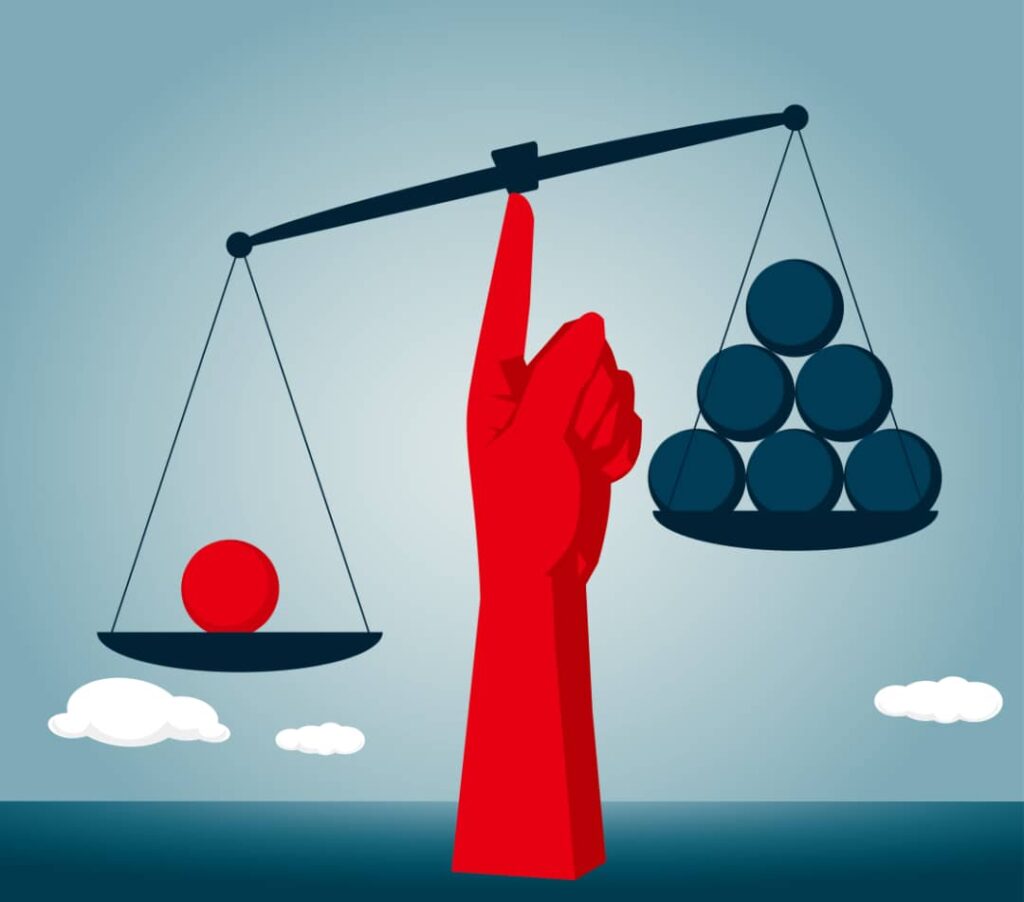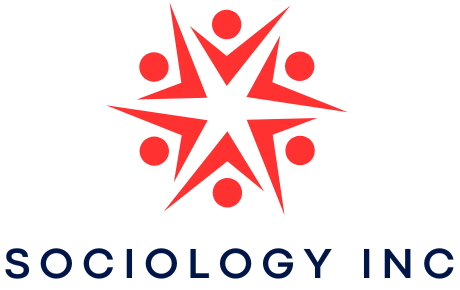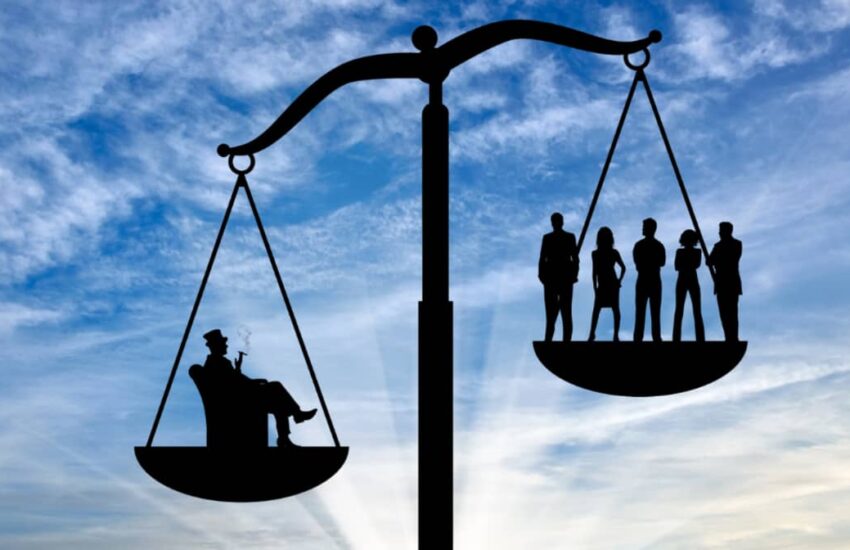Last month, I was stacking cans of soup at my local food bank when I met Maria. We got to talking, and she told me about her life as a working mom of three. She drives a staggering two hours each way to her job because that is the only place she could find work that pays the bills. Sort of. Even with that full-time job, she still needs a little help from time to time to put food on the table. It was one of those moments that hit you. Her story is not some abstract statistic; it is happening right here, in my own community. It made me wonder, how many of us pass by people like Maria every single day without having a clue about their struggles? It is easy to feel like social inequality is a massive, immovable beast that politicians and big institutions struggle to solve. And sure, we absolutely need systemic change. But what I have come to realize is that waiting for that to happen is a form of paralysis. The most powerful shifts often begin quietly, with individual people choosing to take action. This firsthand experience at the food bank was a stark reminder that tackling social inequality is not just about grand policies but a crucial mindset for creating a more equitable world.
I used to think inequality was all about the big, obvious stuff: the millionaire versus the person struggling to get by. But it is so much more layered than that. It is in the educational opportunities that are available to some kids and not others. It is in healthcare access that depends on your zip code. I have seen it myself. The kids from families with resources get tutoring, robotics club, and college tours. Meanwhile, the incredibly bright, talented kids from the other side of town are working after-school jobs just to help out at home. They are not falling behind because they are not smart; the playing field is just fundamentally uneven from the start. How can we possibly expect them to compete? This is where that feeling of helplessness can creep in. If the problem is so huge, what can one person possibly do? I used to think my individual actions were just a drop in the ocean. But then I started to reframe it. What if those drops are what fill the ocean? While we are waiting for large-scale reforms which can take years, even decades, real people need real help right now. Every time a business owner chooses to pay a living wage, every time someone mentors a young person, every volunteer who reads to a kid at an underfunded school these actions create immediate ripples. They change the trajectory of a single day, which can change the trajectory of a life.

I am not saying that volunteering once will dismantle systemic poverty. But it does something just as important: it builds bridges. There is a world of difference between writing a check and showing up. Between donating clothes and sitting down with someone to help them practice for a job interview. One is a transaction; the other is a connection. The families I have met do not want our pity. They want a chance. They want the skills, the opportunities, and the networks that so many of us take for granted.
This is where our own privilege comes into play. If you have advantages, a good education, a stable job, a strong network, it is not about feeling guilty. That is not helpful for anyone. It is about recognizing that those advantages came, at least in part, from circumstances you did not control. And with that recognition comes a responsibility to be thoughtful. To use what you have to help level that uneven playing field, even just a little bit. For me, the most rewarding moments have never been about “helping the less fortunate. They have been about building genuine relationships where I learn just as much as I teach. Awareness is the first step, but it is not the last. Knowing about a problem changes nothing unless we act on that knowledge. The beautiful part is that the action looks different for everyone. Maybe for you, it is volunteering your professional skills to a non-profit. Maybe it is making a conscious effort to shop at minority-owned businesses. Or maybe it is simply choosing to treat every single person you meet with unwavering dignity and respect. These are not small things. They are the very fabric of a fairer community.
Social inequality will not be solved overnight. It will take all of us individuals, communities, and governments working together. But that collaboration has to start somewhere. It starts with you and me deciding that we will not just be observers. We will be participants.
References
Pew Research Center. (2023). “Economic Inequality in America: Trends and Community Impact.” *Pew Social Research Division*.
U.S. Census Bureau. (2023). “Income and Poverty in the United States: 2022.” U.S. Department of Commerce.
Brookings Institution. (2023). “Social Mobility and Community-Based Interventions.” Brookings Social Policy Research.
Urban Institute. (2022). “The Role of Individual Action in Addressing Social Inequality.” *Urban Institute Research Reports*.
American Psychological Association. (2023). Community Engagement and Social Change: Psychological Perspectives.

